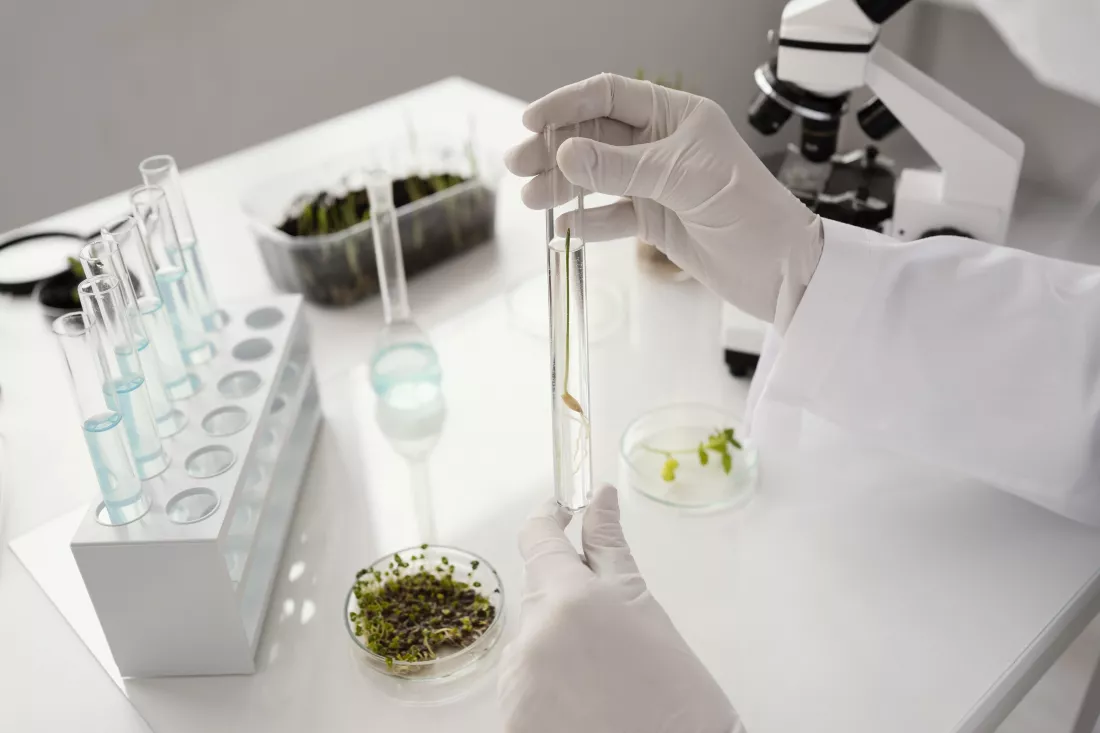
Biotechnology at the Warsaw University of Life Sciences offers a Bachelor of Engineering degree over seven semesters. The programme is designed for students interested in using biological systems and technology to address challenges in health, agriculture, and environmental protection. The study plan combines theoretical knowledge with extensive laboratory training, preparing students for diverse careers in biotechnology-related fields.
The biotechnology programme is multidisciplinary, drawing on natural sciences, engineering, and agricultural sciences. Courses cover a range of topics, including molecular biology, genetics, biochemistry, bioinformatics, and microbiology. Students gain practical skills in laboratory techniques and biotechnological processes, as well as knowledge of plant, animal, and microbial systems.
The curriculum is divided into seven semesters. The first year focuses on foundational sciences, including chemistry, physics, mathematics, botany, and cell biology. In the second year, students explore subjects such as genetics, biochemistry, microbiology, and process engineering. Advanced topics in genetic engineering, bioinformatics, and environmental biotechnology are introduced in the third year, alongside courses in immunology, industrial biotechnology, and legal aspects of the field. The final year includes a diploma seminar, thesis work, and a professional internship.
Practical experience is central to the programme. Students must complete a four-week (160-hour) internship, choosing placements in companies, research institutes, or university laboratories. This requirement helps them understand the working environment and apply theoretical knowledge in real-world settings.
In addition to core subjects, students have access to a range of elective courses each year. These electives allow them to specialise in areas of interest and tailor their studies toward specific career goals.
The programme is delivered by staff from SGGW’s biotechnology faculty and other institutions, many with international research experience. Teaching emphasises hands-on learning, with a high proportion of laboratory classes supported by modern equipment. Facilities are located on SGGW’s campus in the Ursynów district of Warsaw, providing students with access to lecture halls, laboratories, and research spaces.
International cooperation is encouraged through exchange programmes and collaboration with foreign universities. Students can also work alongside visiting students, contributing to a diverse academic environment.
Graduates of the biotechnology programme are prepared for roles in research institutes, biotechnology and pharmaceutical companies, plant breeding organisations, and diagnostic laboratories. They are trained to design experiments, interpret data, and evaluate methods and equipment for biotechnological applications. The degree also provides a foundation for further education, including master’s and doctoral studies.
Employers in biotechnology and related industries are regularly consulted to ensure the programme meets labour market demands. This collaboration, along with ongoing curriculum updates, ensures that graduates possess relevant knowledge and practical skills.
The biotechnology curriculum reflects current scientific trends, with courses in genomics, nanobiotechnology, and bioinformatics. Students are trained to approach research challenges critically and creatively, developing competencies for a rapidly evolving sector. By combining scientific theory with engineering applications, the programme offers a comprehensive education that prepares students for both research and applied roles.
The Bachelor of Engineering in Biotechnology at SGGW is a seven-semester programme combining natural sciences, engineering, and practical laboratory training. Students study subjects such as molecular biology, genetics, microbiology, and bioinformatics, while also gaining experience through internships and research projects. The curriculum offers flexibility with elective courses and opportunities for specialisation. Graduates are prepared for careers in biotechnology, pharmaceuticals, diagnostics, plant breeding, and research, or for continuing their education at higher levels. The programme emphasises innovation, international cooperation, and skills relevant to the current job market.